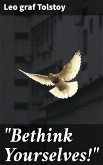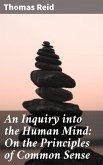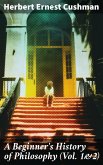The book 'Bethink Yourselves!' by Leo Tolstoy presents a powerful and thought-provoking critique of war, violence, and the necessity for individuals to reflect on their actions. Written in Tolstoy's signature philosophical and reflective style, the book explores the moral and ethical implications of warfare, urging readers to reexamine their beliefs and choices. Set against the backdrop of the early 20th century, the book remains relevant today in its call for peaceful resolution and self-awareness. Tolstoy's use of poignant anecdotes and persuasive arguments makes this book a compelling read for anyone interested in social justice and personal responsibility. Leo Tolstoy, a renowned Russian writer and philosopher, drew inspiration from his own spiritual journey and pacifist beliefs to write 'Bethink Yourselves!'. His experiences with social activism and commitment to nonviolence fueled his passion for advocating peace and social change. I highly recommend 'Bethink Yourselves!' to readers seeking a deeper understanding of the human conscience and the importance of introspection in times of conflict.
Dieser Download kann aus rechtlichen Gründen nur mit Rechnungsadresse in A, B, BG, CY, CZ, D, DK, EW, E, FIN, F, GR, H, IRL, I, LT, L, LR, M, NL, PL, P, R, S, SLO, SK ausgeliefert werden.









